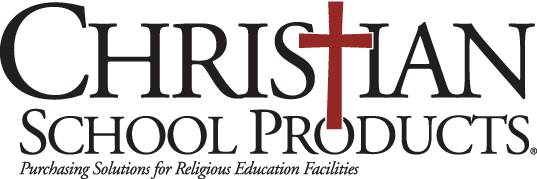After working directly with dozens of private K-12 institutions across the country, I’ve seen how transportation decisions impact everything from enrollment numbers to daily operations. The schools that thrive treat transportation not as a necessary burden, but as a strategic advantage.
The Strategic Reality Private Schools Face
Private schools essentially run two businesses: education and logistics. Unlike public districts with dedicated transportation departments, private schools must make transportation decisions that directly impact their bottom line and competitive position.
The operational challenges I see most frequently:
- Hidden operational costs: Transportation failures create ripple effects—late starts disrupt schedules, parent complaints consume administrative time, and unreliable service impacts re-enrollment decisions.
- Resource allocation dilemmas: Limited funds compete between classroom technology and transportation improvements.
- Competitive disadvantage: Transportation quality becomes a differentiating factor in enrollment decisions.
5 Strategic Transformations That Drive Results
- Route-First Technology Planning
Traditional planning starts with available vehicles and builds routes around limitations. Smart schools flip this approach, using route optimization technology to identify efficient pickup points first, then selecting appropriate vehicles.
Strategic Impact: One partner school saw enrollment increase by 12% after implementing optimized transportation, with 67% of new families citing transportation convenience as a deciding factor.
- Integrated Parent Communication Systems
Transportation complaints are often communication complaints. The most successful programs treat communication as a core safety feature, providing real-time tracking, automated notifications, and dedicated parent portals.
Why This Matters: Schools with proactive, transparent communication see 60% fewer transportation-related issues and significantly higher parent satisfaction scores.
- Flexible Scheduling for Diverse Needs
Private schools serve students with varying schedules—athletics, activities, part-time attendance. Your transportation must match this flexibility with multiple daily windows, activity-based transport, and on-demand scheduling.
- Safety-First Operator Vetting
Tuition-paying families have zero tolerance for safety issues. This means comprehensive background checks, professional driver training, regular vehicle inspections, and insurance coverage that protects both school and families.
- Data-Driven Strategic Decisions
The best programs use transportation data for strategic planning—tracking on-time performance, ridership patterns, cost per student, and parent satisfaction to optimize operations and demonstrate value.
Building Transportation Into Your Strategic Advantage
Successful schools integrate transportation into their value proposition. This means involving transportation planning in enrollment projections, marketing materials, and strategic planning sessions.
Technology Infrastructure That Scales:
- Integration with existing school management software
- Solutions that grow with enrollment changes
- Data analytics that inform strategic decisions about programs and locations
The ROI of Strategic Transportation Investment
Professional transportation management delivers returns beyond cost savings. Quality transportation expands your effective catchment area and becomes a competitive advantage in enrollment conversations.
Financial Returns
- Enrollment impact: Recruit students from wider geographic regions
- Retention benefits: Families are 23% more likely to re-enroll when transportation exceeds expectations
- Operational efficiency: Administrative time savings allow focus on educational strategy
Strategic Returns
- Market differentiation in competitive enrollment environments
- Risk mitigation through professional liability management
- Brand enhancement reinforcing commitment to excellence
Leadership Considerations for Implementation
Transportation decisions require the same strategic thinking as curriculum choices. Successful implementations need board alignment, timeline planning that matches enrollment cycles, clear success metrics beyond cost savings, and comprehensive change management.
As private school leaders evaluate transportation options, remember that families choosing between schools often consider transportation quality as a deciding factor. The question isn’t whether your school needs better transportation solutions—it’s whether you’ll implement them before your competition does.
Peter Evenson is the chief operating officer & co-founder of Swoop Transportation, which provides technology-enabled transportation solutions for private schools, corporations, and event organizers nationwide, www.swoopapp.com.



